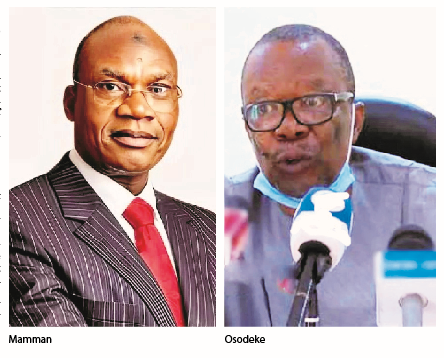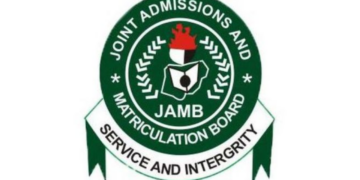The federal government has approved the exemption of universities, polytechnics, colleges of education and other tertiary institutions from using the Integrated Payroll and Personnel Information System (IPPIS) for staff payments.
The minister of information and national orientation, Mohammed Idris, disclosed this to State House correspondents yesterday after the federal executive council meeting presided over by President Bola Tinubu at the Presidential Villa, Abuja.
He said the institutions will now handle staff remunerations independently rather than through the centralised IPPIS platform, adding that the payment system was seen as limiting the autonomy of the institutions to run their affairs efficiently.
“Today, the universities and other tertiary institutions have gotten a very big relief from the integrated personnel payroll and information system.
“You will recall that the university authorities and others have been clamouring for the exemption of the universities and other tertiary institutions from this system.
“Today, the Council has graciously approved that. What that means is that, going forward, the universities, as the minister of education has said, and other tertiary institutions – the polytechnics and colleges of education – will be taken off the IPPIS.
“What that means in simple language is that the university authorities and other tertiary institutions will now pay their personnel from their own end instead of relying on the IPPIS.”
On his part, the minister of education, Tahir Mamman, explained that the goal is to enable smooth administration and not that there is an issue with the payroll system itself.
He said vice chancellors had complained of frequently travelling to Abuja to enroll new employees instead of focusing on academic management.
“Simply, the president and the Council are just concerned about the efficiency of management of the universities, and so it has nothing to do with integrity or platform options.
“The president cannot understand why vice chancellors should be leaving their duty post and running to Abuja to get staff enlisted on IPPIS when they get recruited.
“The basic concern is that universities are governed by laws and those laws give them autonomy in certain respects, and the IPPIS has sort of eroded that autonomy granted universities in accordance with their Act.”
IPPIS was introduced in 2006 by the federal government across all federal ministries and agencies to improve transparency, accountability and help curb wastage by centralising personnel records and payments.
But university staff unions have argued that the system erodes university autonomy and cannot easily accommodate nuances like sabbaticals or part-time contracts common in academia.
The unions, including the Academic Staff Union of Universities (ASUU), proposed an alternative payroll system tailored to universities, leading to ongoing tensions over the past years.
Reacting to the development, the Academic Staff Union of Universities (ASUU) said it had not got confirmation of IPPIS exemption.
ASUU president, Prof. Emmanuel Osodoke, who stated this in an interview with LEADERSHIP, said the Union will respond once it gets confirmation.
“We need to confirm it. As a union we don’t act based on reports from the press. We will respond when we confirm it,” he said.
This policy change grants the key demand of university autonomy campaigners to take institutions off the centralised IPPIS system
FG Stops 686 Civil Servants’ Salaries Over Unverified Records
Meanwhile, in an effort to ensure transparency and efficiency in the Nigerian civil service, the federal government has suspended the salaries of 686 civil servants over unverified records on the Integrated Personnel and Payroll Information System (IPPIS).
The move is part of ongoing efforts to streamline the country’s payroll system and eliminate ghost workers.
The head of civil service of the federation, Dr Folasade Yemi-Esan, announced the suspension in a statement signed by director of Communication for the office of the Head of Service of the Federation, Mohammed Ahmed.
It was earlier reported that of the 59,201 civil servants who participated in the verification exercise earlier in the year, 11,447 of them had discrepancies in their records.
However, Yemi-Esan ordered for the verification portal to be reopened and an invitation was also extended for verification exercise from October 16 to 27 for the 11,447 civil servants whose salaries were suspended to update their records online, which out of the 11,447, only 10,761 workers participated in the physical verification exercise; the 686 did not attend.
The suspension statement read in part: “It should be noted that about 686 officers, whose salaries were suspended, did not show up for the verification exercise and their salaries remain suspended on the IPPIS platform.”





